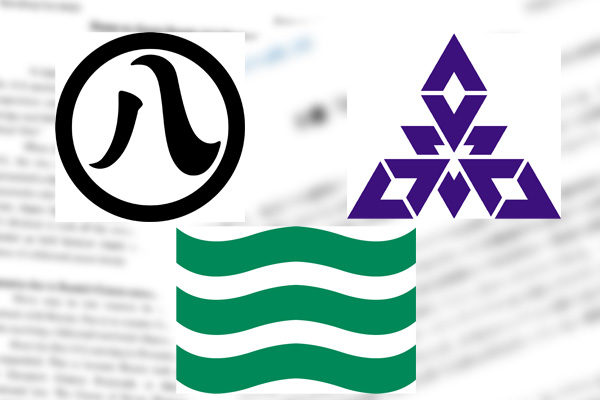Prime Minister Fumio Kishida is entering final stage of planning to hold an annual summit of the Group of Seven industrial democracies in Hiroshima City next year. He claims that atom-bombed Hiroshima deserves an opportunity to call for “the world without nuclear weapons” and emphasize the significance of peace as Russia has launched aggression against Ukraine and resorted to nuclear intimidation. At a time when the G7 is required to enhance cooperation through extended nuclear deterrence to counter Russia and China, however, a G7 summit in Hiroshima may be taken as retrogressive. I raise opposition to the Hiroshima summit plan.
Dependence on nuclear umbrella
Kishida will officially announce the G7 summit venue in late June. In addition to Hiroshima, Nagoya and Fukuoka Cities have announced their candidacies to host the G7 summit. Japan has held the annual G7 summit in Okinawa, Hokkaido and Ise-Shima, as well as Tokyo. In Hiroshima, Kishida’s constituency, a meeting of G7 foreign ministers took place in April 2016 when he was foreign minister. In May 2016, then U.S. President Barack Obama known for his call for the world free from nuclear weapons visited Hiroshima.
Hiroshima was hit by an atomic bomb in 1945 for the first time in human history. The atomic bombing killed more than 130,000 people and inflicted unbearable suffering on survivors. Wishing that such suffering would be inflicted on no other people, citizens in Hiroshima have called for the abolition of nuclear weapons. Hiroshima has successfully overcome the nuclear destruction and achieved its reconstruction.
Meanwhile, Japan as the only atom-bombed country in the world has held fast to the three non-nuclear principles of not possessing, producing or introducing nuclear weapons and depended on extended deterrence under the U.S. nuclear umbrella, failing to make sufficient defense efforts. Some people assert that Japan has remained in peace after World War II thanks to its constitution’s Article 9 that renounces war and denies the maintenance of war potential. They have just forgotten that Japan has had a security treaty with the United States and been covered by the U.S. nuclear umbrella.
Of the G7 countries, the U.S., Britain and France are armed with nuclear weapons. Germany and Italy have nuclear sharing arrangements with the U.S. for deterrence within the framework of the North Atlantic Treaty Organization.
Kishida has reiterated nuclear disarmament as his lifework. When he was foreign minister, he was positive about Japan’s participation in negotiations on an international treaty to prohibit and abolish nuclear weapons but later turned cautious about it after having been reminded of Japan’s dependence on the U.S. nuclear umbrella.
Grave decision sharing
While nuclear threats to Europe are only from Russia, Japan faces such threats from China and North Korea as well as Russia. In the Genron TV Internet program hosted by JINF President Yoshiko Sakurai on May 13, former Defense Minister Itsunori Onodera from the ruling Liberal Democratic Party noted U.S. government officials and experts told him during his U.S. visit earlier this month that they would consult with NATO allies and Japan before using nuclear weapons to counter Russia and others and would like to share a grave decision with them on whether to use nuclear weapons.
Japan is now required to wake up from nuclear brain freeze and substantially build up its defense capabilities as Germany does. Kishida’s hosing of a Hiroshima G7 summit and vowing not to allow the use of nuclear weapons in his message to the world will not be persuasive at all.
Takashi Arimoto is a Planning Committee member at the Japan Institute for National Fundamentals and publisher of Monthly Magazine SEIRON at the Sankei Shimbun newspaper.


